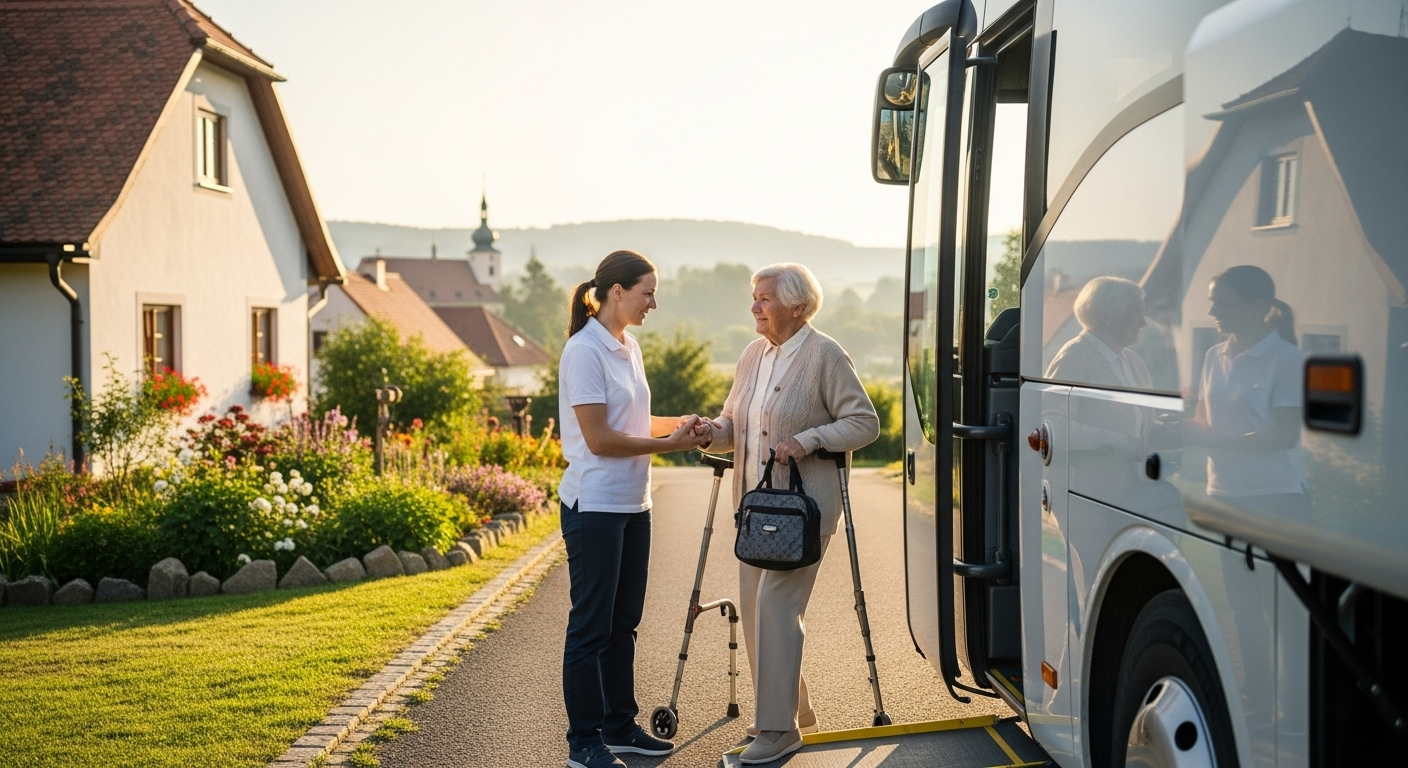How to navigate international relocation for aging family members
Relocating an aging family member internationally involves more than moving belongings; it requires coordinated planning across health, legal, and social domains. Start early, gather essential documentation, and involve healthcare and community contacts in both origin and destination locations. Thoughtful preparation reduces stress for the older adult and for relatives who will support caregiving and transitions.

Relocation planning and documentation
Begin with a clear timeline and a checklist of required documentation, including passports, visas, medical records, and power-of-attorney forms. Confirm entry requirements and residency rules for the destination country well in advance. Organize medical summaries and vaccination records in both paper and digital formats, and ensure translations are available if needed. Keep copies of financial documents, insurance policies, and any existing legal directives. Clear documentation eases interactions with authorities, healthcare providers, and local services in the new location.
Assessments for eldercare needs
Conduct a comprehensive needs assessment that covers physical, cognitive, and social needs before the move. Professional geriatric assessments can clarify levels of independence, mobility limitations, medication management needs, and required caregiving hours. Use assessment results to select appropriate housing and support services, and to design a transition plan that accounts for gradual adaptation. Regular reassessments after relocation help adjust care plans as the older adult settles into their new environment.
Caregiving, community, and multicultural considerations
Evaluate local caregiving options and community supports in the destination area, including family networks, community centers, and culturally specific services. Multicultural sensitivity is important: find providers who understand language preferences, dietary practices, and social norms that affect daily life. Establish connections with expat or local senior groups to reduce isolation and to access peer knowledge about navigating services. Coordinate how family members will share caregiving responsibilities across time zones and visits.
Telehealth, medication, and healthcare continuity
Plan for continuity of care by arranging initial telehealth consultations with new providers and transferring prescriptions when possible. Telehealth can bridge gaps during the transition and enable remote follow-ups with familiar clinicians or specialists in the new country. Prepare an up-to-date medication list with dosages and generic names, and check local availability and regulatory differences for prescriptions. Set up reminders or pill-management systems and involve a trusted local contact or home health provider to support medication adherence.
Mobility and accessibility in a new environment
Assess the new home and neighborhood for accessibility features that support mobility, such as step-free access, grab bars, appropriate bathroom layouts, and nearby public transport or community services. If mobility devices are needed, confirm whether existing equipment can be transported or whether replacement options are available locally. Factor in seasonal conditions and terrain when selecting housing and plan for assistive services like home modifications, mobility aids, and transportation arrangements that promote independence and safety.
Finances, insurance, and legal considerations
Clarify how finances will be managed across borders, including bank access, pension transfers, taxation, and ongoing living costs. Verify health insurance coverage and explore supplemental plans or international policies that cover preexisting conditions and local healthcare services. Ensure legal matters such as power of attorney, guardianship, and advance directives comply with laws in the destination country. Consult qualified legal and financial advisors with experience in international eldercare matters to avoid surprises.
This article is for informational purposes only and should not be considered medical advice. Please consult a qualified healthcare professional for personalized guidance and treatment.
Conclusion Managing an international relocation for an aging family member requires early planning, clear documentation, and attention to health, legal, and cultural factors. Combining professional assessments, community resources, telehealth options, and practical mobility and financial arrangements will create a smoother transition and support ongoing wellbeing in the new setting.






